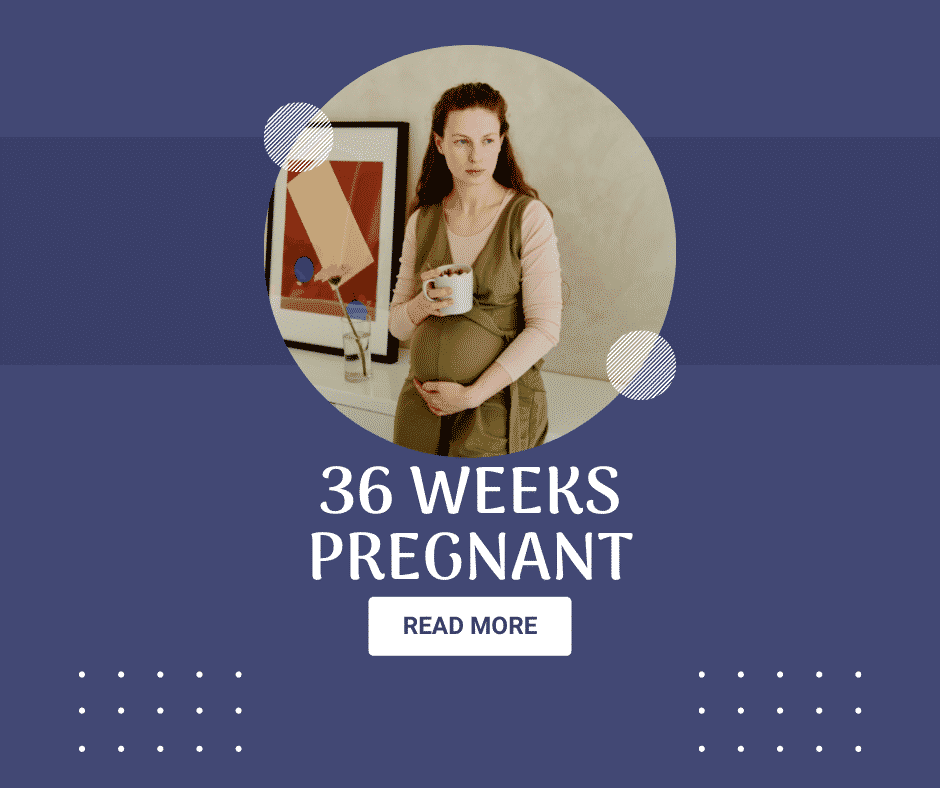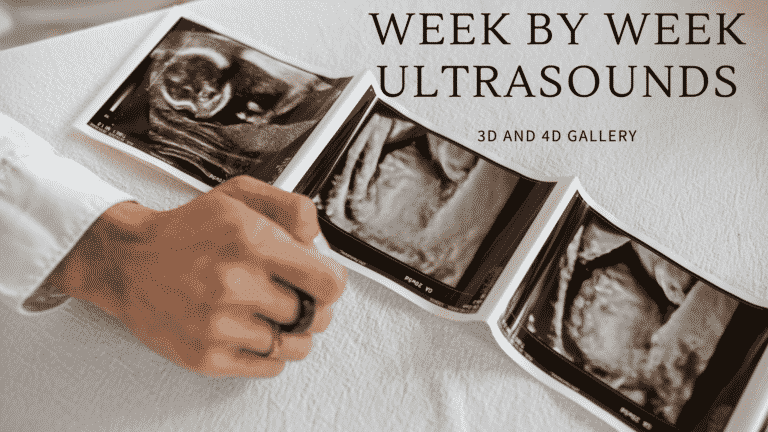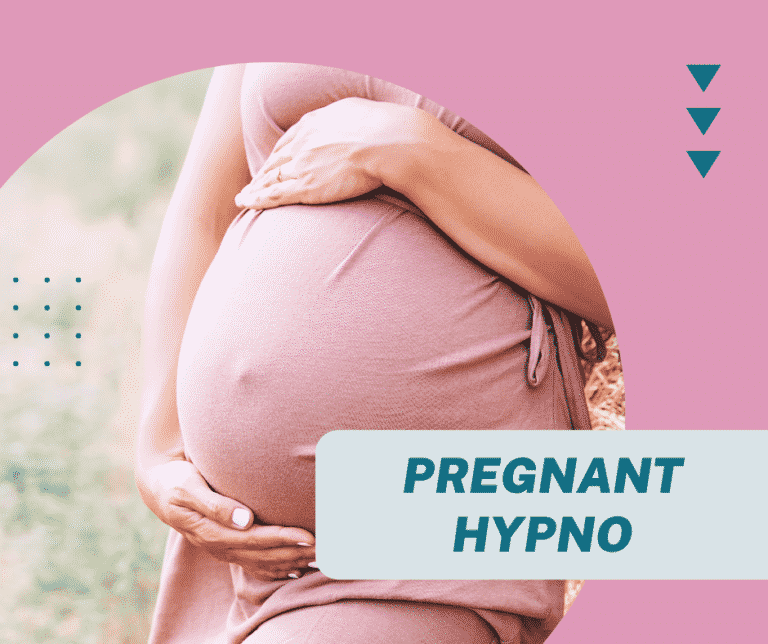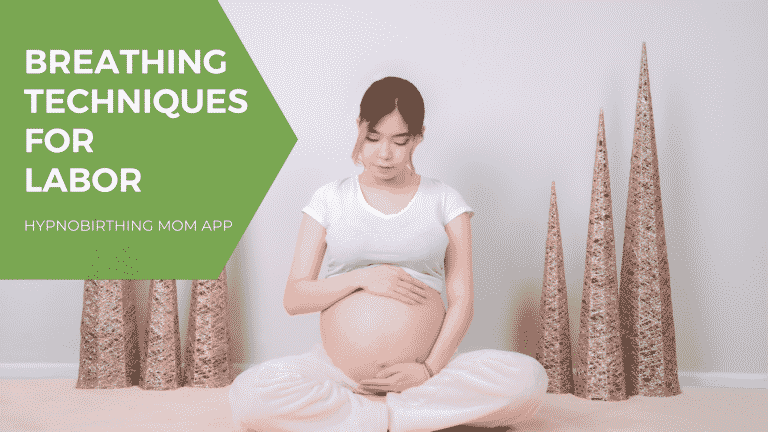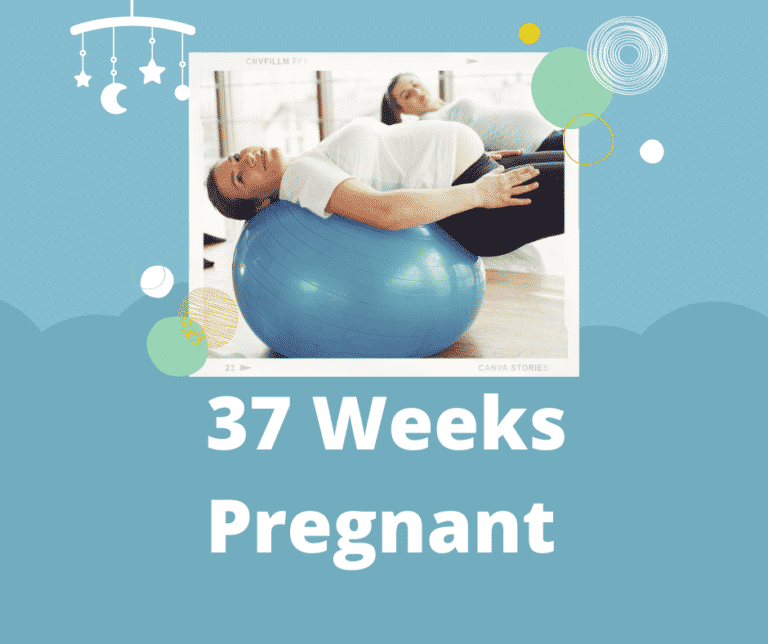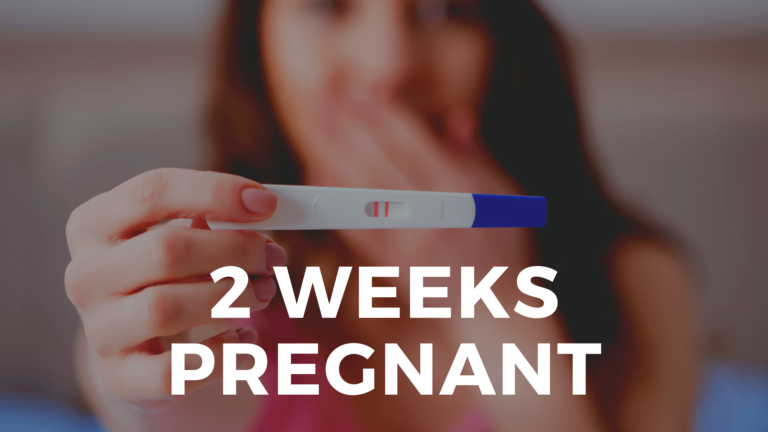36 Weeks Pregnant: Signs, Tips, Symptoms & Baby’s Development
Published on April 13, 2022 – Last Updated on October 18, 2022
Congratulations! You have made it to your 36th week of pregnancy. This is an exciting time, as you are getting close to meeting your little one. You should know a few things at 36 weeks pregnant as you are heading up to delivery. For example, what can you expect during labor? How will you know when it’s time to go to the hospital? What are the signs of labor? Keep reading for answers to these questions and more!
What to expect during the 36th week of pregnancy?
The 36th week of pregnancy is considered full-term. This means that your baby is fully developed and ready to be born. You may experience some Braxton Hicks contractions during this week. These are normal and help your body prepare for labor. You should also feel your baby move less as they get ready for delivery.
Congratulations on getting at 36 weeks pregnant, and this means that you are about 9 months pregnant. You may be feeling various symptoms, including fatigue, nausea, and Braxton-Hick contractions. It is essential to continue monitoring your health and your baby’s health during this final stage of pregnancy. Read more resources about contractions: best contraction app, contraction timer go to hospital & keep track of contractions.
Pregnancy Symptoms: Pregnancy week 36 – Third trimester
If you are 36 weeks pregnant, you are in the home stretch! You may be experiencing some Braxton Hicks contractions, which are normal and nothing to worry about. However, the most common symptoms that pregnant women’s experienced during that time were as follows:
- Frequent urination.
- Braxton Hicks contractions.
- Difficulty sleeping.
- Numbness in legs and feet.
- Leg swelling.
- Lower back pain.
Frequent urination.
You might find yourself running to the bathroom more often than usual. This is because an increase in hormones causes your kidneys to work harder and filters more fluid out of your bloodstream. This extra fluid ends up in your bladder, making you feel the urge to go more frequently.
Braxton Hicks contractions.
As your due date approaches, you might feel occasional mild contractions. These “practice” contractions are called Braxton Hicks contractions. They can be irregular and painless.
They may feel like a tightening or hardening of your stomach muscles.
Difficulty sleeping.
It’s common to have trouble sleeping when you’re 36 weeks pregnant. You might be uncomfortable because of your growing belly, frequent bathroom trips, and leg cramps. Try sleeping on your left side and using pillows to support your belly, back, and legs to get some rest.
Numbness in legs and feet.
As your baby grows, they might put pressure on the nerves in your legs and feet. This can cause tingling, numbness, or weakness in those areas. To help relieve the sensation, try wearing supportive shoes and moving around often.
Leg swelling.
You might notice that your ankles, feet, and legs swell more than usual during pregnancy. This is called edema. Edema is caused by extra fluid in your body and increased blood flow. It’s usually nothing to worry about but call your doctor if you notice sudden or severe swelling.
Lower back pain.
Pregnancy can cause lower back pain because of the extra weight. To help relieve the discomfort, try wearing supportive shoes, practicing good posture, and doing gentle stretching exercises.
For more details about this pregnancy week check out: the due date calculator conception and pregnancy trimesters by week.
Your Baby Development at 36 Weeks Pregnant
Your baby is the size of a watermelon at 36 weeks pregnant, and you may be starting to feel it! In this week or a few more weeks, you may experience your baby being in a head-down position. So let’s talk about some of the significant facts about baby development this week.
Baby’s length:
The baby is about 18.7 inches long.
Baby’s Weight:
Your baby weighs around 6.8 pounds.
What’s happening with baby:
The baby is continuing to grow and develop. Their bones are getting more robust, and the muscles are working together. You may be able to feel your baby move (baby bump) now, especially if you’ve been pregnant before.
- Baby’s bones, especially baby’s skull, are continuing to harden
- The baby’s skin is wrinkled and thin, and the lanugo is starting to disappear
- The baby’s eyes are developed, but the irises don’t have much color yet
- Baby’s movements are becoming more coordinated
- The baby’s digestive system is maturing
Self Care Tips for 36 Weeks Pregnant:
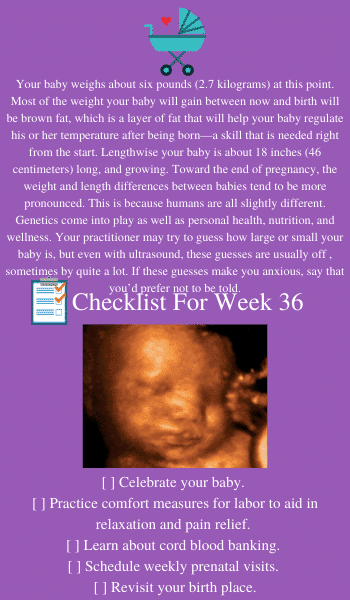
This week you may experience Braxton Hicks contractions. These are sporadic, infrequent contractions that can occasionally be uncomfortable. However, they help prepare your body for labor and delivery by thickening the cervix and helping the baby descend into the pelvis.
Drink plenty of water and eat a balanced diet to stay hydrated and nourish your body. Try to get some moderate exercise every day, even if it’s just a short walk. Staying active will help reduce stress and promote circulation. Use these tips for good health before the baby arrives.
- Eat a variety of healthy foods.
- Take prenatal vitamins as directed.
- Rest as needed.
- Talk to your healthcare provider about exercise.
- Talk to your healthcare provider before you take any medicines.
- Do not drink alcohol.
- Do not smoke.
Eat a variety of healthy foods.
Eating a variety of healthy foods is crucial for you and your baby. Eat plenty of fruits, vegetables, whole grains, and lean proteins. Avoid processed foods, sugary drinks, and excessive amounts of caffeine.
Take prenatal vitamins as directed.
Prenatal vitamins are an essential part of a healthy pregnancy. They help ensure that you and your baby are getting the nutrients you need. Be sure to take them as directed by your healthcare provider.
Rest as needed.
Pregnancy can be exhausting. Make sure to get plenty of rest when you can. Take naps, put your feet up, and take it easy when you need to.
Talk to your healthcare provider about exercise.
Exercise is important for a healthy pregnancy, but talking to your healthcare provider before starting or changing an exercise routine is important. They can give you specific recommendations based on your individual health needs.
Talk to your healthcare provider before you take any medicines.
Some medicines are not safe for pregnant women, so talking to your healthcare provider before taking anything is essential. This includes over-the-counter medication as well as vitamins and supplements. You can also take these tips from the hospital or birthing center to understand them better.
Do not drink alcohol.
Drinking alcohol is not safe for pregnant women or their babies. If you are trying to conceive, it is best to avoid alcohol altogether.
Do not smoke.
Smoking is not safe for pregnant women or their babies. If you are trying to conceive, it is best to avoid smoking altogether.
Pick your pediatrician
If you haven’t already, now is the time to choose a pediatrician for your baby. This is someone who will provide routine care and vaccinations for your child. Ask family and friends for recommendations, schedule a few consultation appointments to meet different doctors, and find the right one for you.
36 Weeks Fetus
A 36-week fetus is considered full-term and generally developed enough to survive outside of the womb. However, there are still some risks associated with premature births at this stage. For example, 36-week babies are more likely to experience respiratory distress, jaundice, and low blood sugar levels. They may also have difficulty feeding and gaining weight.
It is generally advisable to wait until at least 37 weeks to induce labor or deliver a baby via cesarean section. 36 week fetuses are also more likely to be born with congenital disabilities, so it is essential to consult with a doctor if there are any concerns about the fetus’s health. Ultimately, though, a 36-week fetus is generally healthy and viable, and most babies born at this stage go on to lead healthy, happy lives.
Start thinking about your birth plan.
If you haven’t already done so, now is an excellent time to think about your birth plan. This doesn’t have to be a long and detailed document, but it’s helpful to know what you do and don’t want during labor. This could include whether you want pain relief, who you want in the room with you, and what position you’d like to give birth in.
Pack a birth bag
Around 36 weeks, it’s a good idea to start packing your hospital bag. You may not go into labor for another month, but it’s always better to be prepared. As well as the obvious things like clothes and toiletries, don’t forget your maternity notes and any other important documents. It’s also a good idea to pack snacks and drinks, as you may not have time to eat once labor begins.
Tips For Partners at 36 Weeks Pregnant

- Be positive and supportive.
- Encourage your partner.
- Help with household chores.
- Make sure your partner is eating healthily.
- Listen to your partner’s concerns.
Be positive and supportive:
It’s important to be positive and supportive throughout your partner’s pregnancy. Make sure to implement affirmations in order to feel good mentally. Check out: pregnancy affirmations, birth affirmations, and hypnobirthing affirmations.
Encourage your partner:
Your partner will likely need extra encouragement during pregnancy.
Help with household chores:
Pregnancy can be difficult, so it’s essential to help out around the house as much as possible.
Make sure your partner is eating healthily:
A healthy diet is vital for both you and your partner during pregnancy.
Listen to your partner’s concerns:
Pregnancy can be stressful, so it’s essential to listen to your partner’s concerns and help them through them.
Doctor’s Visit:
At 36 weeks of pregnancy, it’s time for another doctor’s visit! You will be seen every two weeks now until you deliver. Your medical team will check your blood pressure and urine, and your baby will be measured to make sure they are growing properly. Maybe you have a talk about the birth canal & you may also have an ultrasound to check on the baby’s position and development.
FAQs
What should I be doing at 36 weeks pregnant?
At 36 weeks pregnant, you should be:
- Make sure your birthing plan is in place.
- Pack your hospital bag.
- Attending regular prenatal appointments.
- Eating a nutritious diet.
- Staying active.
- Resting when you can.
What are some signs that labor is nearing?
Some signs that labor is nearing include:
- Lightening when the baby drops lower in your pelvis.
- Back pain.
- Cramps.
- Braxton Hicks contractions.
- Water breaking.
- Nesting instincts.
- Increased vaginal discharge.
What are some things I can do to prepare for labor?
Some things you can do to prepare for labor at 36 weeks pregnant include:
- Attend a birth class.
- Talk to your doctor or midwife about your options for pain relief during labor.
- Make a birth plan.
- Pack a hospital bag.
Other Pregnancy Weeks:
- 1 Week Pregnant
- 2 Weeks Pregnant
- 3 Weeks Pregnant
- 4 Weeks Pregnant
- 5 Weeks Pregnant
- 6 Weeks Pregnant
- 7 Weeks Pregnant
- 8 Weeks Pregnant
- 9 Weeks Pregnant
- 10 Weeks Pregnant
- 11 Weeks Pregnant
- 12 Weeks Pregnant
- 13 Weeks Pregnant
- 14 Weeks Pregnant
- 15 Weeks Pregnant
- 16 Weeks Pregnant
- 17 Weeks Pregnant
- 18 Weeks Pregnant
- 19 Weeks Pregnant
- 20 Weeks Pregnant
- 21 Weeks Pregnant
- 22 Weeks Pregnant
- 23 Weeks Pregnant
- 24 Weeks Pregnant
- 25 Weeks Pregnant
- 26 Weeks Pregnant
- 27 Weeks Pregnant
- 28 Weeks Pregnant
- 29 Weeks Pregnant
- 30 Weeks Pregnant
- 31 Weeks Pregnant
- 32 Weeks Pregnant
- 33 Weeks Pregnant
- 34 Weeks Pregnant
- 35 Weeks Pregnant
- 35 Weeks Pregnant
- 37 Weeks Pregnant
- 38 Weeks Pregnant
- 39 Weeks Pregnant
- 40 Weeks Pregnant
- Birth Plan
- Baby Due Date Calculator
- EDD Calculation
- how many weeks pregnant I am

